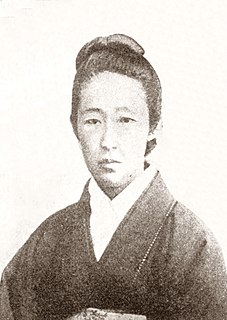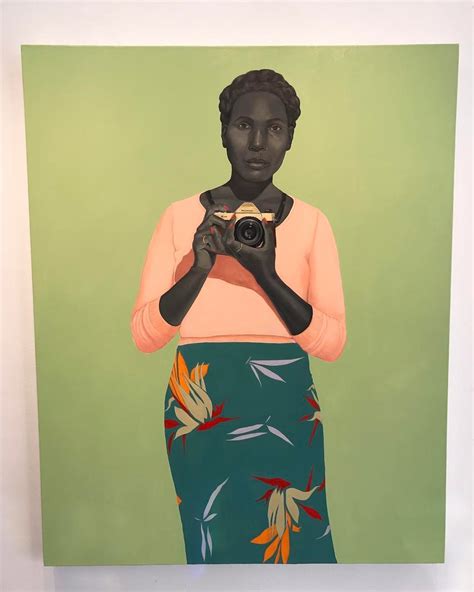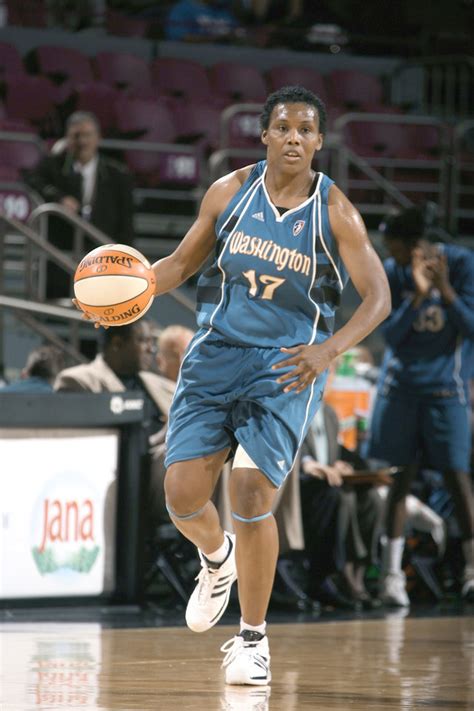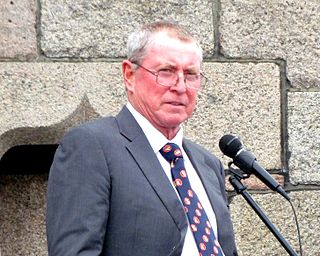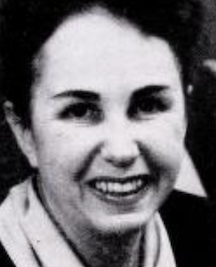A Quote by Alan Brennert
It is not just the history of the Hawaiian islands but the significance of the ordinary people whose lives - many quite extraordinary - make up that history.
Related Quotes
My take is that there's two ways to approach history. You sit in your armchair and you watch it on the news and you return to your PlayStation. Or you get out in the streets and you make it. Like, when those Supreme Court justices, you know, legalize desegregation, it wasn't due to their infinite wisdom. It's because people whose names you do not read about in history books, people whose faces you will never see, were the ones who struggled and sacrificed, sometimes gave their lives, to make this country a more equal one. When, it's like those people don't make history, it's us.
Black History Month is a great celebration for Black people everywhere. I just hope we get to the point as Black people that we celebrate everyday like it is Black History month by living our lives and aspiring to be all we can. Many people lost their lives for us to have the privileges we have so we need to honor them by striving to be the best we can be.
My book, Oral History: Understanding Qualitative Research is about how researchers use this method and how to write up their oral history projects so that audiences can read them. It's important that researchers have many different tools available to study people's lives and the cultures we live in. I think oral history is a most needed and uniquely important strategy.
The truth is that History, with its imposing capital H, is simply the amalgamation of many quotidian lives lived in very ordinary ways. History is always personal. If you read Holocaust survivor or American slavery survivor narratives, you realize all too well that these great Historical moments were personal to someone at some time.







